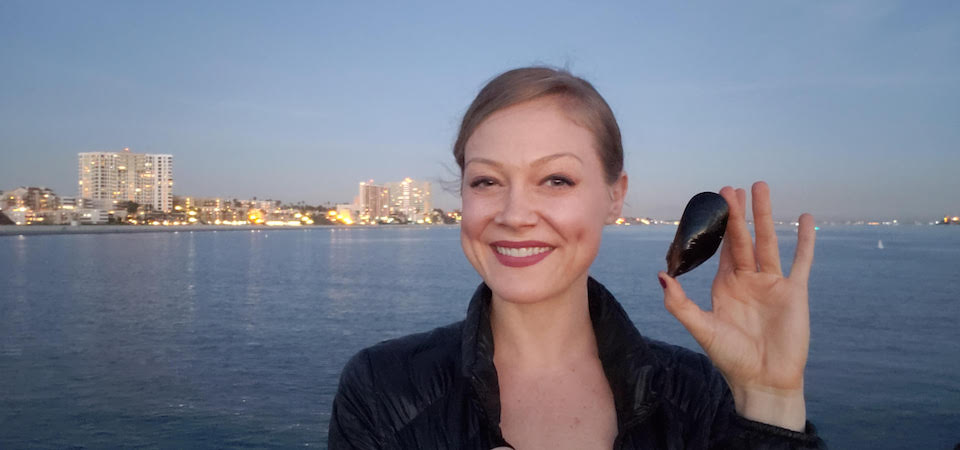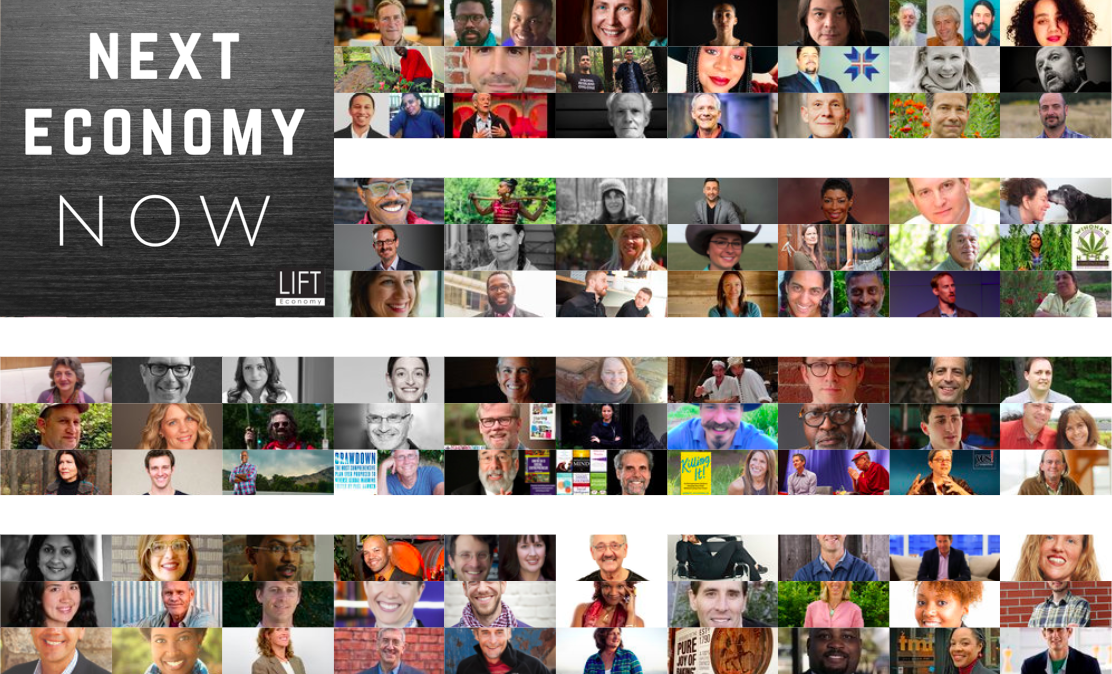Next Economy Now highlights the leaders who are taking a regenerative, bio-regional, equitable, transparent, and whole-systems approach to using business as a force for good.
SUBSCRIBE & RATE us on iTunes, Spotify, Pandora, YouTube, or anywhere you find podcasts!
Lindsay Cruver is the Director of Research & Development at Catalina Sea Ranch, and her team evaluates and implements new science and technology to advance sustainable and regenerative offshore crop cultivation. She earned her bachelors degree in Biology from the George Washington University and is the daughter of the CEO of Catalina Sea Ranch, the first offshore aquaculture facility in the United States, based in Los Angeles, California.
Some highlights from Erin Axelrod’s conversation with Lindsay Cruver include:
The 100-acre Catalina Sea Ranch is the first and currently the only offshore aquaculture facility in the U.S. and is located on the periphery of about 26,000 acres (40 square miles) of U.S. Federal waters of the San Pedro Shelf.
Lindsay describes the sea ranching process and the technology that Catalina Sea Ranch uses and contrasts clean aquaculture from dirty aquaculture
Lindsay shares how their production process benefits their environment by creating habitat for other organisms such that private and commercial fishers surround the ranch to catch yellowtail fish the ranch attracts
Listeners are invited to consider mussels as a healthy source of sustainably produced protein
Help these ideas reach more eyes & ears:
SHARE this post on social media!
RATE Next Economy Now on I-Tunes!
SUBSCRIBE to Next Economy Now: iTunes | Overcast | Stitcher | Etc.
LIFT Economy is an impact consulting firm whose mission is to create, model, and share a locally self-reliant economy that works for the benefit of all life.
Erin Axelrod is a Partner at LIFT Economy, helping to accelerate the spread of climate-beneficial businesses, specializing in businesses that address critical soil and water regeneration. She is an avid ecologist, grassroots organizer and regularly forages for wild food in her home in rural Sonoma County. You can follow Erin on Twitter @erinaxelrod or email her erin@lifteconomy.com.







